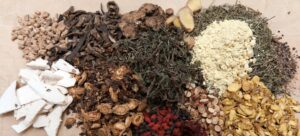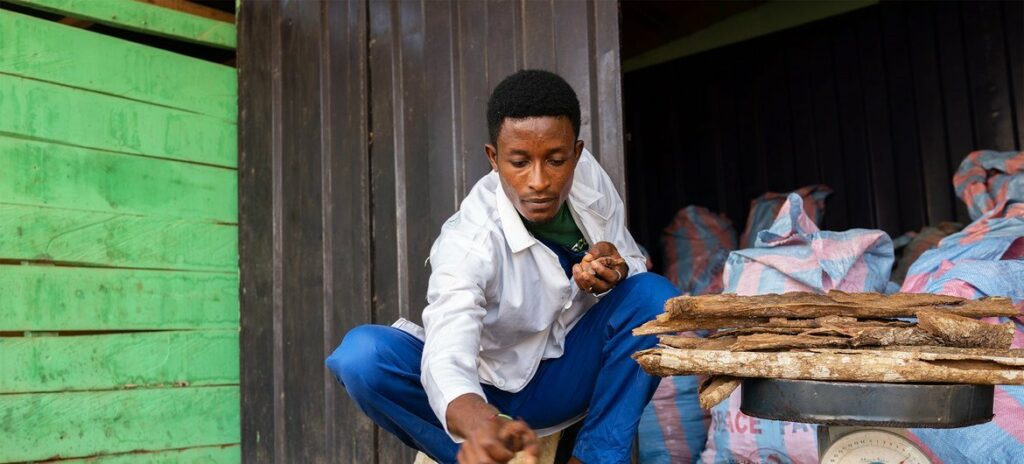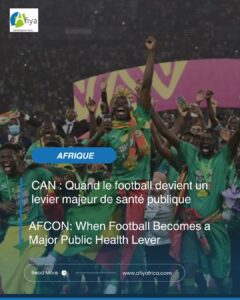Traditional medicine is entering a new era. The World Health Organization (WHO), the International Telecommunication Union (ITU), and the World Intellectual Property Organization (WIPO) unveiled a new report during the “AI for Good” Global Summit, highlighting the growing role of artificial intelligence (AI) in strengthening traditional health systems.
Titled “Mapping the Application of Artificial Intelligence in Traditional Medicine”, the technical note lays out a roadmap for the responsible use of AI, while preserving cultural heritage and data sovereignty.
“Our global initiative on AI for health aims to help all countries leverage AI solutions while ensuring their safety, effectiveness, and ethics,” said Seizo Onoe, Director of the ITU Telecommunication Standardization Bureau, emphasizing the combined expertise of ITU, WHO, and WIPO.
Safer, More Effective, and More Accessible Healthcare
At a time when traditional, complementary, and integrative medicine is practiced in 170 countries by billions of people, the initiative seeks to maximize the benefits of emerging technologies without betraying ancestral values.

Traditional medicine is attracting a growing audience thanks to its holistic approach, focused on prevention and health promotion. The mapping report highlights concrete examples of AI applications:
-
In South Korea, AI-assisted analysis of traditional medicinal compounds is opening new avenues for treating blood disorders;
-
In Ghana and South Africa, machine learning models are being used to identify medicinal plants;
-
In India, “ayurgenomics” benefits from AI-based diagnostics.
Quality Data for Reliable AI That Serves All — Protecting Knowledge and Local Communities
The report stresses the urgent need to protect the data sovereignty of Indigenous peoples and to anchor AI development in the principle of free, prior, and informed consent. It commends initiatives in countries like Canada, New Zealand, and Australia, which place communities at the center of data governance.
“AI must not become a new area of exploitation,” warned WHO Assistant Director-General Dr. Yukiko Nakatani. “Indigenous peoples must be full partners in shaping the future of AI applied to traditional medicine.”
Uniting Innovation and Tradition for an Equitable Future
The global market for traditional, complementary, and integrative medicine could reach nearly $600 billion by 2025. To support this growth, the report calls for addressing existing gaps in regulation, data governance, knowledge sharing, and capacity-building.
WHO, ITU, and WIPO are calling on governments, digital stakeholders, and communities to:
-
Invest in inclusive AI ecosystems that respect cultural diversity and data sovereignty;
-
Develop national policies tailored to integrating AI into traditional medicine;
-
Strengthen digital skills among practitioners and communities;
-
Establish global standards for data quality and ethical AI use;
-
Preserve traditional knowledge through secure digital repositories.
The future of healthcare lies in a dialogue between technological advances and the wealth of ancient knowledge, ensuring that no one is left behind, the UN agencies emphasize.
To ensure the effectiveness and fairness of these new applications, the report underscores the importance of inclusive, high-quality data.
Projects such as India’s digital library of traditional knowledge or the Virtual Health Library in the Americas illustrate how AI can help preserve Indigenous knowledge, foster collaboration, and prevent biopiracy—the illegal exploitation of biological resources and associated knowledge.
“Intellectual property is a key lever to accelerate the integration of AI into traditional medicine,” noted a senior WIPO official, highlighting the importance of the recently adopted Treaty on Intellectual Property, Genetic Resources, and Associated Traditional Knowledge.







OTHER ARTICLES
Strengthening pandemic prevention, preparedness, and response capacities in Senegal using the “One Health” approach
Africa Health Brief
Sex, Gender, and Medicine: Understanding Errors in Sex Assignment